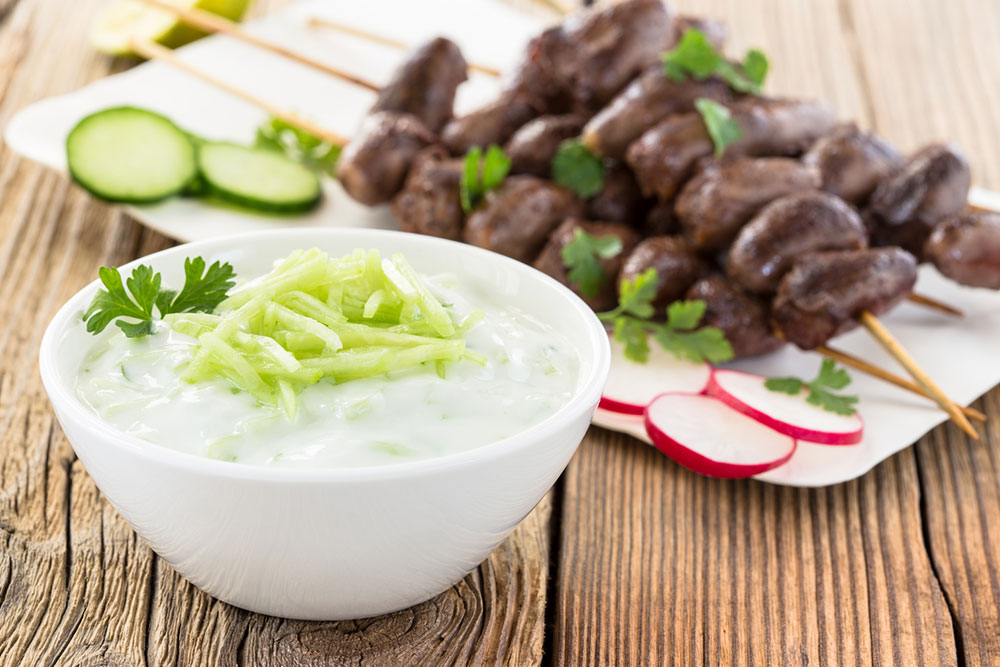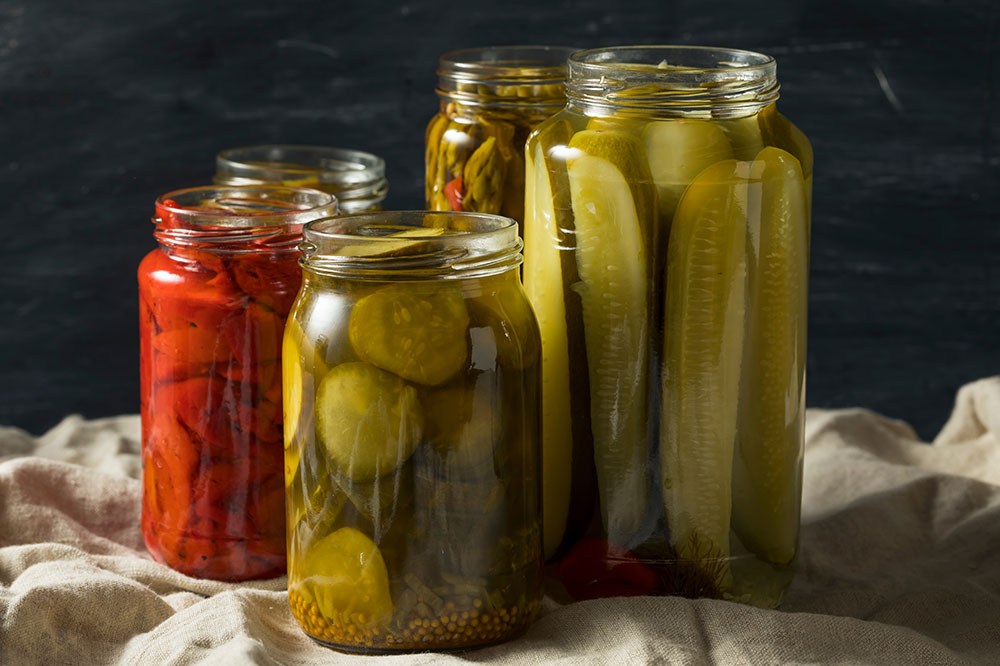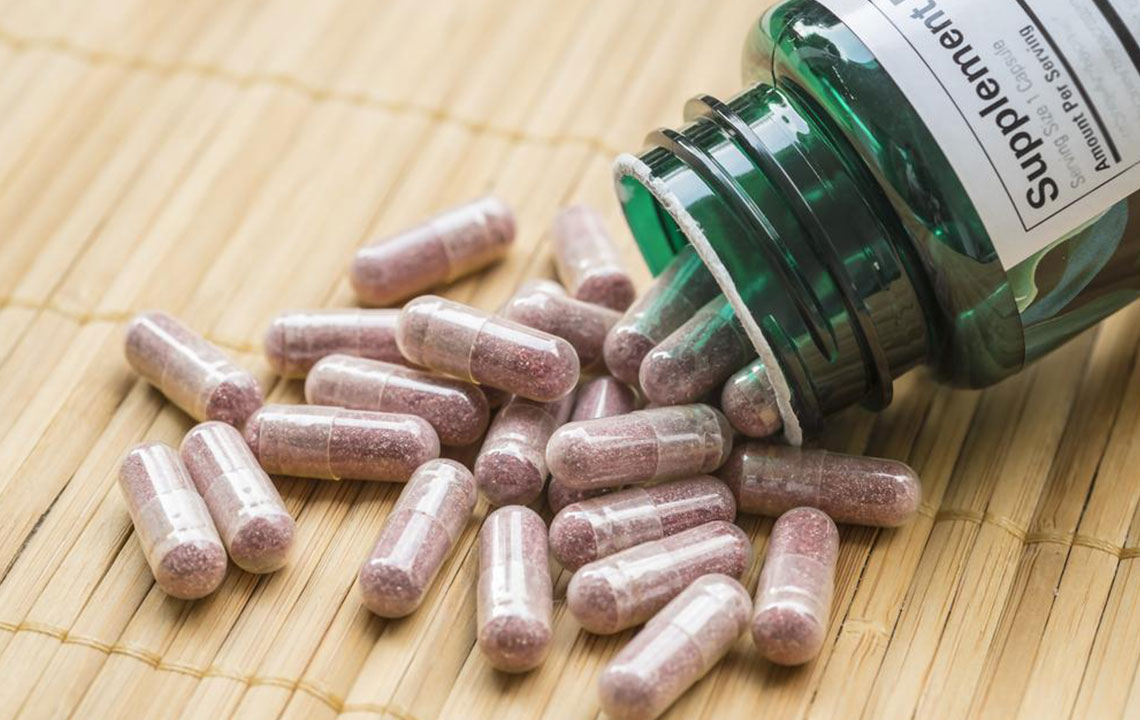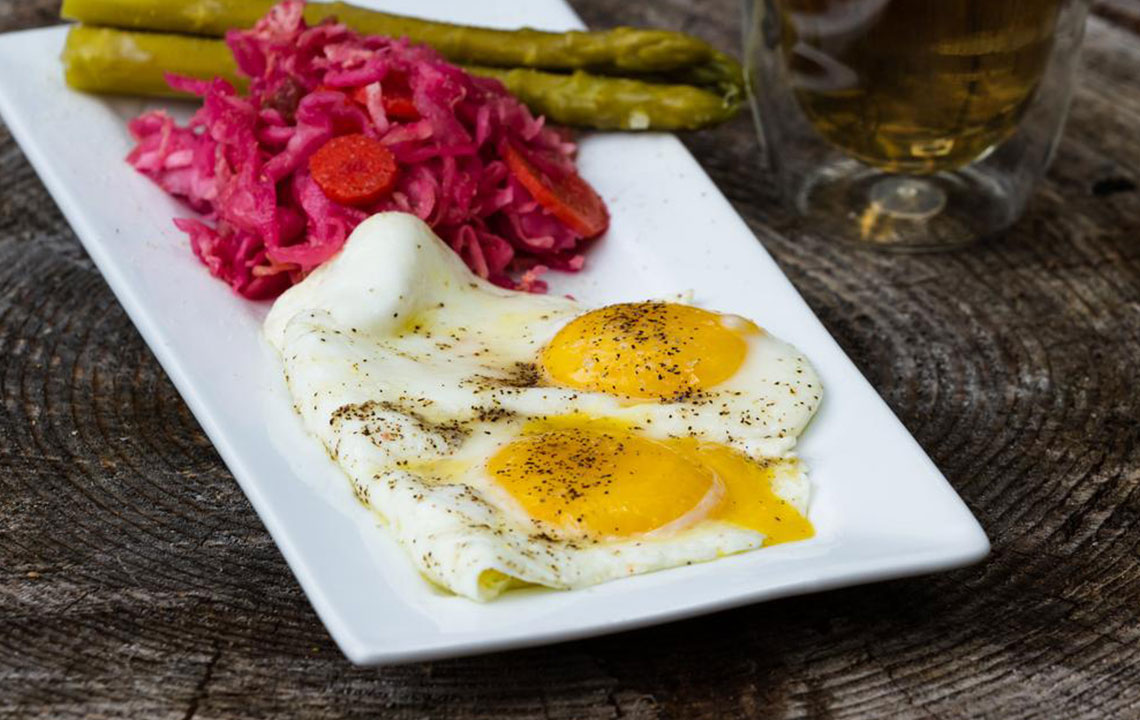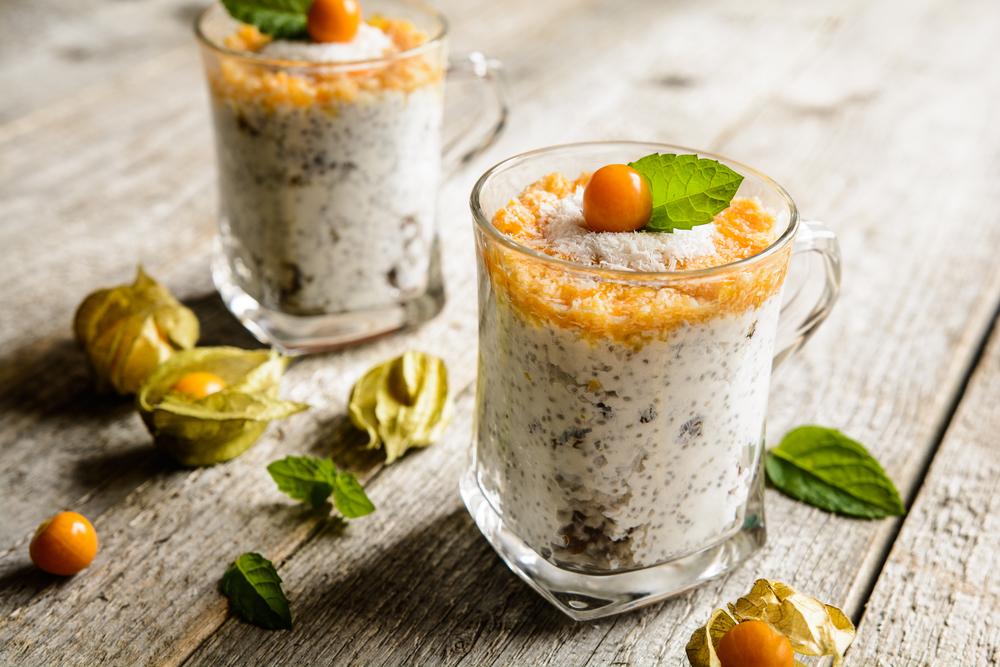Comprehensive Guide to the Top 10 Probiotic Foods for Better Digestion and Bloating Relief
This in-depth guide explores the top 10 probiotic-rich foods, such as yogurt, sauerkraut, and kefir, highlighting their roles in improving digestion, reducing bloating, and strengthening immunity. Learn how to incorporate these beneficial foods into your daily diet for optimal gut health and overall wellness. Perfect for those seeking natural ways to enhance gastrointestinal comfort and nutrient absorption.
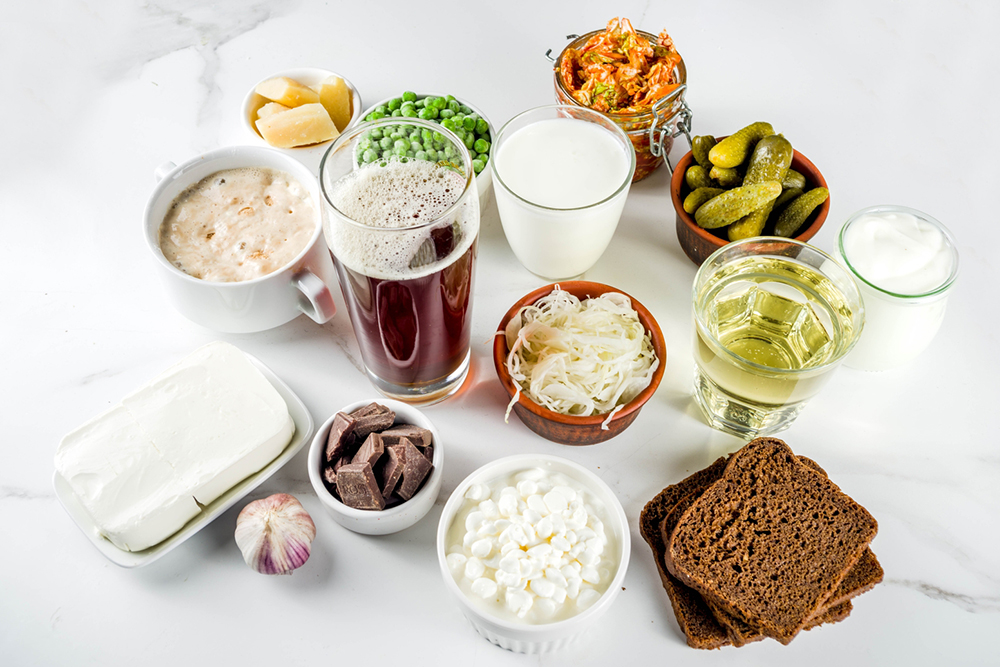
Comprehensive Guide to the Top 10 Probiotic Foods for Better Digestion and Bloating Relief
Many people struggle with digestive discomforts such as bloating, gas, and irregular bowel movements, which can significantly impact daily life and overall health. Incorporating probiotic-rich foods into your diet offers a natural and effective approach to support gut health, reduce symptoms of bloating, and enhance digestion. Probiotics are live beneficial microbes naturally found in certain foods that work to balance the intestinal flora, combat harmful bacteria, and improve nutrient absorption. This comprehensive guide delves into the best probiotic foods you should consider adding to your meals, highlighting their benefits, ways to incorporate them, and tips for maximizing their health impacts.
Understanding Probiotics and Their Role in Gut Health
Probiotics are live microorganisms, predominantly bacteria, that confer health benefits when consumed in adequate amounts. They are fundamental to maintaining a healthy gut microbiome—a complex community of microorganisms residing in our digestive tract. An imbalance in this microbiome can lead to digestive issues like bloating, gas, diarrhea, and even broader health concerns such as weakened immunity and inflammation. Consuming probiotic foods replenishes beneficial bacteria, helps crowd out pathogenic microbes, and restores gut harmony. Alongside prebiotics—fiber-rich foods that feed these beneficial microbes—probiotics play a vital role in safeguarding digestive health and overall well-being.
Why Including Probiotic Foods is Essential for Digestive Health
Adding probiotic foods to your diet offers several key benefits:
Reduced bloating and gas by restoring microbial balance.
Enhanced digestion and nutrient absorption.
Strengthening of the immune system.
Prevention of gastrointestinal infections.
Potential improvement in conditions like lactose intolerance and irritable bowel syndrome (IBS).
In today's world where processed foods dominate diets, reaching for probiotic-rich foods provides a natural, safe, and tasty way to boost gut flora health and reduce gastrointestinal discomfort.
Top 10 Probiotic Foods to Incorporate Into Your Diet
1. Yogurt
One of the most familiar and widely consumed probiotic sources, yogurt is produced through bacterial fermentation of milk. It contains beneficial strains such as Lactobacillus acidophilus and Bifidobacterium bifidum. Regular intake of probiotic yogurt can support digestion, help manage lactose intolerance, and improve bowel regularity. To maximize benefits, choose plain, unsweetened Greek or natural yogurt, as flavored varieties often contain added sugars that can counteract health benefits. Be sure to look for labels specifying live and active cultures, as some commercial yogurts undergo heat treatment that kills these beneficial microbes. Fermented dairy alternatives like kefir are also highly probiotic and offer similar benefits.
2. Sauerkraut
This fermented cabbage dish has a rich history dating back centuries as a staple in various cuisines. It is loaded with probiotics such as Lactobacillus plantarum, which play a crucial role in reducing bad bacteria, alleviating bloating, and decreasing intestinal inflammation. To get the most probiotic benefits, opt for unpasteurized sauerkraut, as pasteurization destroys beneficial bacteria. Incorporate it into salads, sandwiches, or as a side dish. Its tangy flavor not only adds zest to meals but also promotes a healthy gut environment through its high fiber and probiotic content.
3. Miso
Miso is a traditional Japanese fermented soybean paste renowned for its rich nutritional profile, including probiotics, vitamins, and minerals. It supports digestion, bolsters immunity, and supplies antioxidants. Use miso in soups, dressings, marinades, and sauces. Importantly, avoid boiling miso, as high temperatures can destroy its probiotic properties. Simply dissolve miso paste in hot water to make a nourishing soup or add it to cold dressings for an immune-boosting meal enhancement.
4. Kefir
This fermented milk beverage resembles thin yogurt but contains a broader spectrum of probiotic strains, making it especially potent for gut health. Kefir also has been shown to regulate blood sugar levels and support muscle recovery. Its versatility allows it to be added to smoothies, used in dips, or as a marinade for meats and vegetables. Choosing plain, unsweetened kefir ensures you avoid unnecessary sugars, making it an excellent daily probiotic supplement for digestion and health.
5. Tempeh
Originating from Indonesia, tempeh is a firm soybean product that undergoes fermentation with fungi such as Rhizopus oligosporus. Packed with protein and dietary fiber, it serves as a nutritious meat alternative suitable for vegans and vegetarians. Incorporate tempeh into stir-fries, salads, and stews. Its probiotic-rich fermentation process enhances gastrointestinal health while providing a hearty, versatile protein source.
6. Kimchi
This spicy, fermented vegetable side is a staple in Korean cuisine. Kimchi is teeming with lactic acid bacteria that improve gut flora, reduce inflammation, and support immune function. It is also rich in vitamins A, B, and C, and contains antioxidants that contribute to overall health. Because of its fermentation process, kimchi is an excellent probiotic addition to meals, whether as a side or mixed into dishes to add flavor and digestive benefits.
7. Kombucha
A naturally effervescent fermented tea, kombucha has gained popularity worldwide for its probiotic content and unique flavor. It contains beneficial acids like acetic acid that help eliminate harmful bacteria, balance microbial populations, and relax digestion. Regular consumption may assist in reducing bloating and gas while supporting overall gut health. It’s best to choose unfiltered, organic kombucha to gain maximum probiotic benefits, and consume in moderation due to its acidity and sugar content.
8. Fermented Pickles
Unlike vinegar-pickled cucumbers, traditionally fermented pickles are made through salt brine fermentation, which preserves live probiotics. These pickles support digestive health, fight inflammation, and contain antioxidants that combat oxidative stress. They make a crunchy, flavorful snack or addition to salads and sandwiches, offering a natural probiotic boost to your meals.
9. Aged Cheese
Certain aged cheeses such as Swiss, Gouda, Cheddar, Provolone, and Cottage Cheese contain live probiotics if they are produced through natural fermentation and are not subjected to high heat or pasteurization. Consuming these cheeses in moderation can support gut health, though they are also high in saturated fats and sodium. Including small portions in your diet can be a delicious way to add probiotics along with essential nutrients.
10. Acidophilus Milk
This fermented milk product is specifically enriched with Lactobacillus acidophilus, which offers multiple health benefits. It helps prevent gastrointestinal infections, aids in lactose digestion, and may contribute to lowering cholesterol levels. Enjoy acidophilus milk on its own, add it into smoothies, or use it as a base for nutritious salad dressings. Regular intake supports optimal gut bacteria balance and overall digestive health.
Aside from probiotics, consuming prebiotic foods like bananas, avocados, cucumbers, berries, and tropical fruits can further enhance gut health. Prebiotics are fibers that nourish beneficial bacteria, promoting a thriving microbiome and reducing bloating. Combining prebiotics and probiotics creates a synergistic effect that amplifies digestive benefits and supports a healthier, happier gut.
